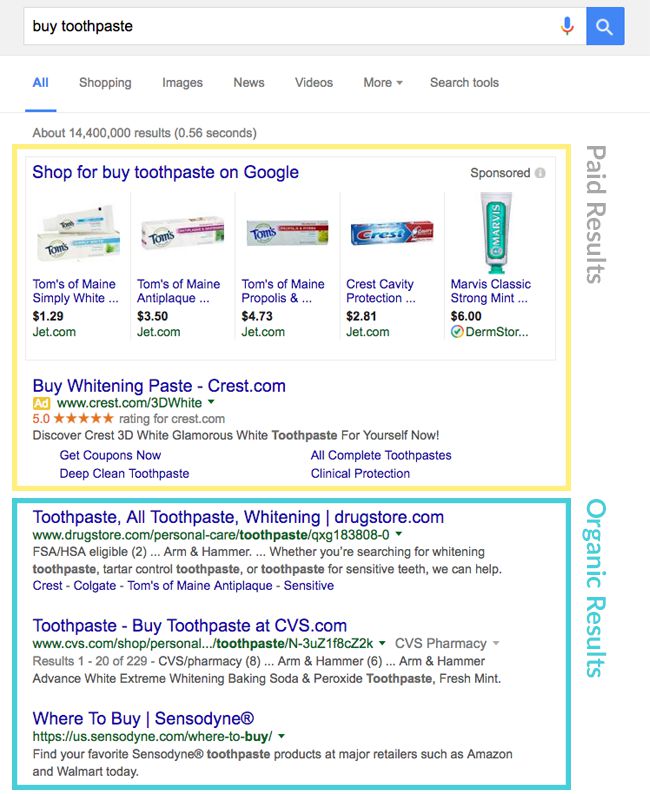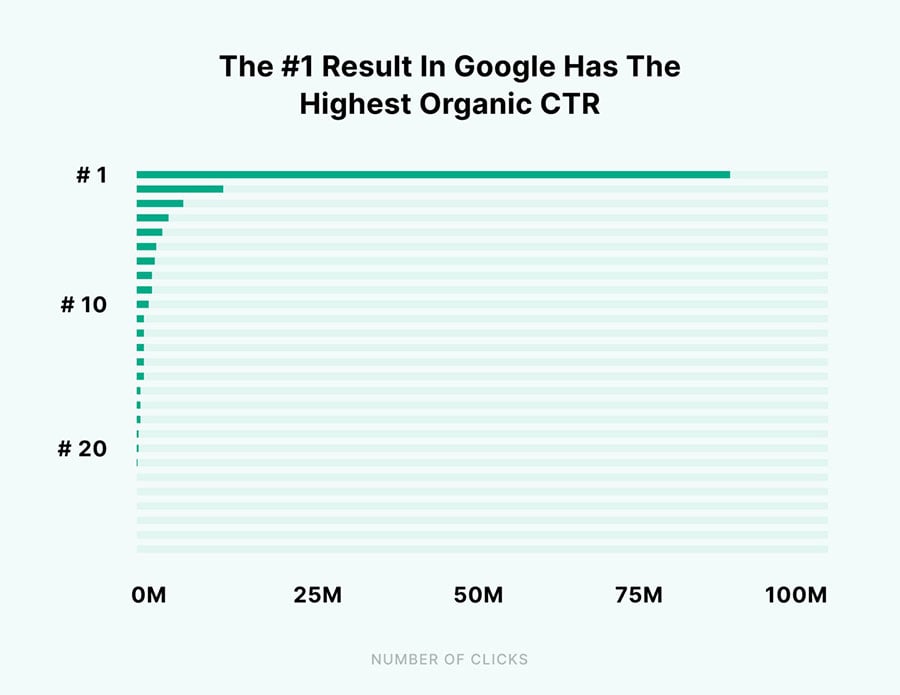It’s becoming far more difficult to rank organically on Google search results as more and more people are competing for the top spot. SEO stands for Search Engine Optimisation, and it's the ticket to ranking on Google.
Thousands of websites are fighting to make it to Google's top rank. But that doesn't mean you can't start to rank highly for some choice keywords.
Search Engine Optimisation is a core part of digital marketing and any holistic SEO strategy; but what exactly is SEO? How do search engines work? And how can SEO benefit your website?
What is SEO? A definition:
According to MOZ, SEO is the following:
“Search engine optimisation (SEO) is the practice of increasing the quantity and quality of traffic to your website through organic search engine results.”
When you break down SEO, it's all about the quality of traffic. A higher quantity of traffic comes after you focus on quality. You need to give your visitors a reason to come back, or a reason to share your content and bring new visitors in. Ranking in organic results is a combination of quality and quantity.
The main aim of Search Engine Optimisation is to increase your ranking in search engines like Google. This is done by optimising your website with keywords and the user’s experience in mind. Search engines will constantly scan the web for relevant keywords.
If you focus on your website users by answering their questions with relevant and quality content - you'll be guaranteed to increase your SEO and rankings on Google.
Next, your content needs to be optimised around keywords that are relevant to the website you are optimising for. This means that your keyword research is king. If you want to attract genuine users who are your target audience, then create a keyword strategy for your website and Google will reward you handsomely.
More on how to create a keyword strategy later.
How exactly do search engines work?
Essentially, and as mentioned by Wendy Boswell, search engines are quite complicated, but at their base level, they are just software programs that utilise search terms to search through websites.
Boswell further says:
“When you type in a query into a search engine, the search engine actually looks through their own databases of information in order to find what it is that you are looking for.”
After looking through their database, the search engine shows you the 'search engine results page' or 'SERP' (see image below).
The SERPs are then listed by relevancy and geographical location. That's why your Search results will be different depending on your location.
What is 'crawling?'
Search engines crawl the internet 24/7 for new websites and new pages. This process of 'crawling' websites is how search engines find all the pages they can potentially list on the SERPs.
Crawling is done via software programs called 'spiders'. The spiders find website pages and index their content into a database. They follow internal links inside the website (eg. abc.com), and when they have exhausted all the internal links, they choose an outbound link to another website (eg. xyz.com) and start the same process there.
Google isn't the only search engine. Other major search engines include:
- Google.
- Bing.
- Yahoo!
- Yandex.
- DuckDuckGo
- Baidu
But Google dominates search engines in the Western world.
The process of regular crawling of the internet is how Google can present the most relevant websites to your search queries in the SERPs.
Below you can see the search engine results page (SERP). On Google, the SERPs are broken into 'paid results' (Adwords), and 'organic results' which are influenced by SEO.

Why is SEO important for your website?
If you're looking for a business that does upholstery in your local area you're probably going to start with a quick Google search. How many times have you looked beyond the third result on your Google search?
The top result on Google will always get most of the clicks (Click though rate). The further you go down the page, the harder it becomes to be spotted by users.
 Source: backlinko
Source: backlinko
If you're not on the first page of Google, your website won't have very little organic traffic. Google has revealed that only 6% of users click through to the second page of a Google search.
SEO benefits you in the long term as quality traffic leads to better quality leads and more sales for your website or business. It costs nothing to implement a great SEO strategy, just a regular investment in content and understanding SEO best practices.
Remember, if your website ranks high organically, it creates the perception that your website is an authority in a certain area. You can also establish your brand as a leader in the industry you're in.
You up your brand’s presence in the process of optimising your content and web pages for search engines. SEO is much more stable when compared to PPC (pay per click) platforms. Great SEO delivers traffic forever. Paid or PPC traffic stops when your budget runs out!
When creating web content with SEO in mind, you are able to target your niche audience more precisely by building content around relevant keywords.
SEO used to be about ticking boxes:
- Meta keywords & descriptions ✅
- Sitemap submitted to Google Search Console ✅
- Keyword research ✅
- Logical URL structuring ✅
Beyond that, it was trial and error; A numbers game. This is no longer the case. Over the last few years, Google has focused their energy on providing search results that are useful, relevant and engaging.
As a result, search algorithms are now favouring websites that have a reputation for satisfying user search intent, rather than just being structured well and having the right keywords. Enter Content Marketing for SEO.
5 tips for SEO success
1. Pick a good focus keyword
Firstly, select the search term you want your business’s website to rank for in search engine results. The search term you want to rank for is called your focus keyword.
2. Research your competitors
Open up an Incognito tab and search for a keyword that you have identified as a focus keyword for your business. The top ten results are your competitors!
3. High quality content
Your content needs to be valuable, unique and of appropriate length for it to stand out from the rest of the crowd.
4. Place the focus keyword in your page title and headings
This is a cardinal rule of good technical SEO. Be certain that your page title contains your focus keyword. Make sure your title is engaging but clear. You want to encourage readers to click it. Also include it in a few of your content's headings.
5. Put your keyword in your images, URL and post
A great way to further your content for SEO purposes is to set the 'alt tags' on your blog images match your focus keyword. There are two ways to insert your focus keyword in the 'name of your image' and the 'image alt tag'
Consistency is the key to great SEO
Just like any other business, your website has to be seen and visited in order for it to succeed.
Quality traffic leads to better conversions on your site. Investing time into implementing high quality content and a solid keyword strategy will not only result in higher conversion rates but also builds credibility with potential customers.
SEO takes time and regular effort to be successful. You can't just expect great SEO to happen overnight. You need to invest in your website and be prepared for the long haul!
Final thoughts
When you invest in SEO, your website becomes an authority that people trust. Follow our 5 tips for SEO success and implement them consistently to start moving up the Google rankings.
In summary, note which of your competitors rank for your main keywords. Write even better value-adding content for that keyword. And do this on a monthly basis.
Do this for a few months and I promise you will increase your website traffic.






